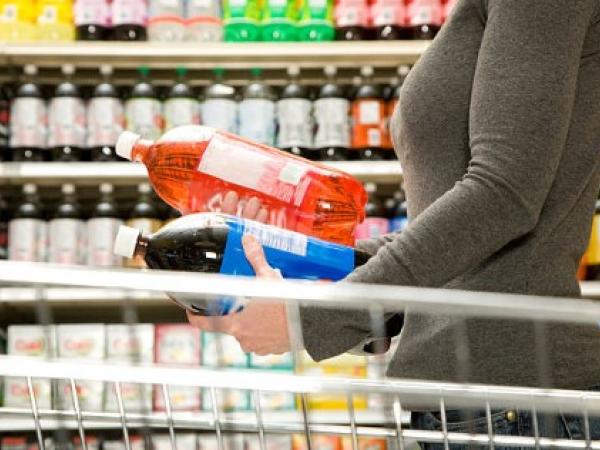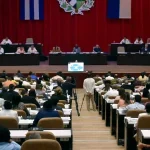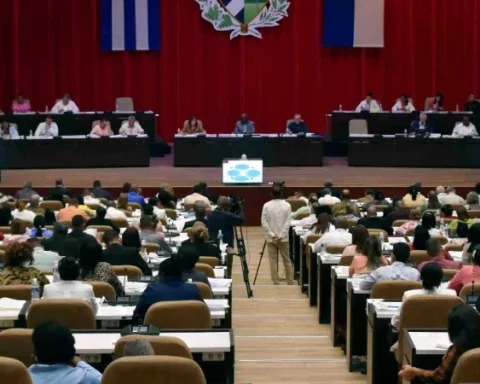This Monday, August 8, the government of Gustavo Petro filed before Congress its tax reform proposal. It includes different taxes. One of the ones that generated the most debate: that of sugary drinks.
(Read: Petro Government officially files the tax reform project).
In their project they explain that the consumption of sugary drinks It is one of the main diseases such as diabetes, heart and cancers. For this reason, the tax seeks to discourage its consumption and reduce the expenses of the health system associated with the incidence of diseases of this type.
By 2019, in Latin America and the Caribbean, 21 countries had taxes on these beverages. The World Bank has also explained that a tax under the sugar concentration of products “It encourages producers to reformulate their products in order to reduce the level of sugar they contain.”
Now, the drinks that would have taxes if this reform is approved are:
1. Fruit-based drinks in any concentration
2. Juices
3. Fruit nectars
4. Powder mixes
5. Sugary drinks
6. Energy drinks
7. Flavored drinks
8. Any beverage containing added sugars or sweeteners
9. Carbonated or fizzy drinks
10. Sports drinks
11. Soft drinks
12. Sweetened or flavored waters
13. Malt-based beverages
Likewise, they will be taxable concentrates, powders and syrups which, after mixing or dilution, allow obtaining sugary, energy or flavored drinks. Included in this category are:
1. Powders that have the character of flavored and colored sugars, used in the preparation of lemonades, soft drinks or similar beverages.
2. Powders based on flour, starch, malt extract or products of headings 04.01 to 04.04 (even with the addition of cocoa).
The category of sugar-sweetened beverages does not include those considered alcoholic beverages that have any sweetener or added sugars. Likewise, dairy derivatives that are part of Resolution 2310 of 1986 are excepted. That is:
1. Infant formulas.
2. Medications with the incorporation of added sugars.
3. Liquid or powder products to be reconstituted whose purpose is to provide
nutritional therapy for people who cannot digest, absorb and/or
metabolize nutrients from food intake.
4. Beverages, nutritional therapy for people with special needs
nutritional status altered by a medical condition.
5. Electrolyte solutions for oral consumption designed to prevent
dehydration due to illness
Now, they are understood as added sugars: white sugar, brown sugar, raw sugar, corn syrup, corn syrup solids, high fructose corn syrup and/or its invert products, malt syrup, maple syrup, fructose sweetener, liquid fructose , honey, molasses, anhydrous dextrose and crystalline dextrose, among other high-calorie sweeteners.
(Also: Tax reform raises tax on oil, coal and gold).
Non-caloric sweeteners are excluded from this category.
BRIEFCASE
















